WASHINGTON (Reuters) – In a dispute pitting big business against consumer groups, the Supreme Court hears arguments Monday on whether a person has to suffer legal harm to sue a company over an alleged kickback it got.
Cleveland home buyer Denise Edwards sued her title insurance company under a 1974 federal real estate settlement law that bars kickbacks and certain referral fee arrangements. 
At issue is whether Edwards has the legal right to sue, even though she does not claim the alleged kickback affected the price, quality or any other aspects of her real estate settlement service.
Edwards paid First American Financial Corp $455 for title insurance as part of a home purchase in 2006 while the seller paid an additional $273.
She alleges that First American had an arrangement with her Ohio settlement agency to refer title insurance business exclusively to First American — the alleged kickback.
Her attorneys argued that Congress in adopting the 1974 law created a sufficient basis for her to sue and that courts have long recognized an individual’s interest to receive services free of kickbacks or other conflicts of interest.
Edwards has the support of 11 states, the National Consumers League and the consumer advocacy organization Public Citizen.
Backing the title company are organizations representing home builders, title insurance companies, mortgage bankers, Realtor and the U.S. Chamber of Commerce.
BROAD OR NARROW?
Kevin Walsh, a University of Richmond assistant law professor, said the arguments could provide clues on whether the justices are likely to rule broadly or narrowly.
“A broad ruling could either vindicate or constrict statutory damages provisions in laws designed to protect information privacy, to regulate debt collection and to set standards for credit reporting,” he said, citing some other laws that could be affected.
A narrow ruling based on the history of legal regulation of conflicts of interest would not necessarily affect other laws, he said.
The Supreme Court agreed to hear the case after conflicting rulings by U.S. appeals courts on the issue.
Celeste Hammond, director of the Center for Real Estate Law at the John Marshall Law School in Chicago, said in a written preview of the case for the American Bar Association that both sides viewed the dispute as significant for two reasons.
The first is whether an individual home buyer has the legal right or standing to sue for three times the charges paid for settlement services without alleging specific injury, she said.
Second, if Edwards can sue, then the case goes back to lower courts in California to determine if it can proceed as a class action, she said. The Supreme Court is not considering the class-action issue.
The Supreme Court case is First American Financial Corp v. Edwards, No. 10-708.
(Reporting by James Vicini, Editing by Howard Goller)
Source: https://www.rawstory.com/rs/2011/11/26/supreme-court-to-decide-whether-lawsuits-require-harm

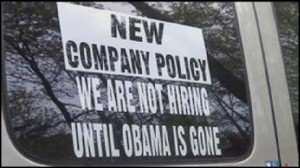
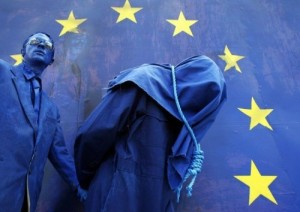






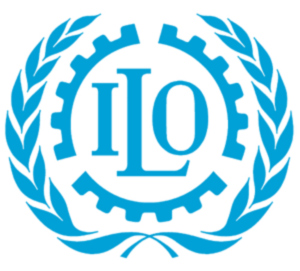
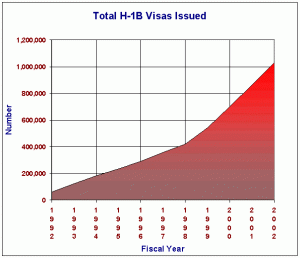
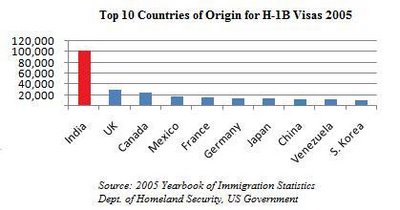

 sending...
sending...